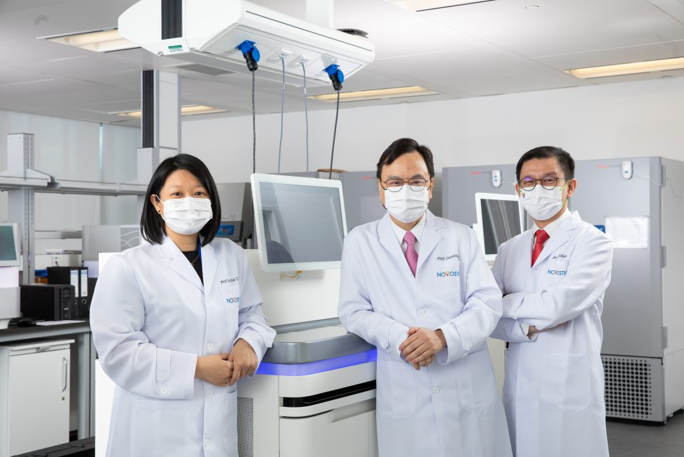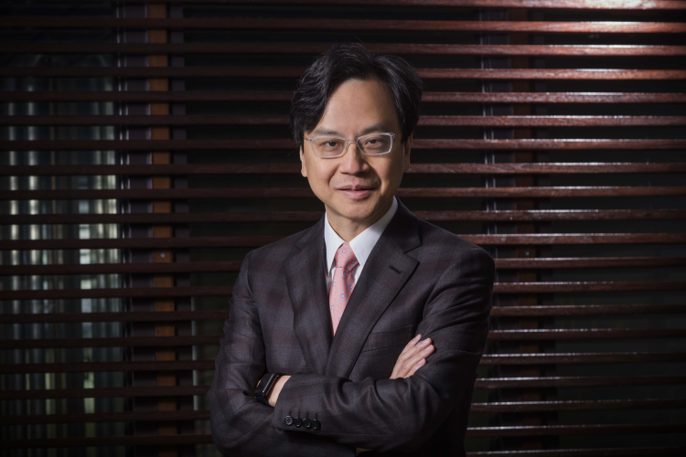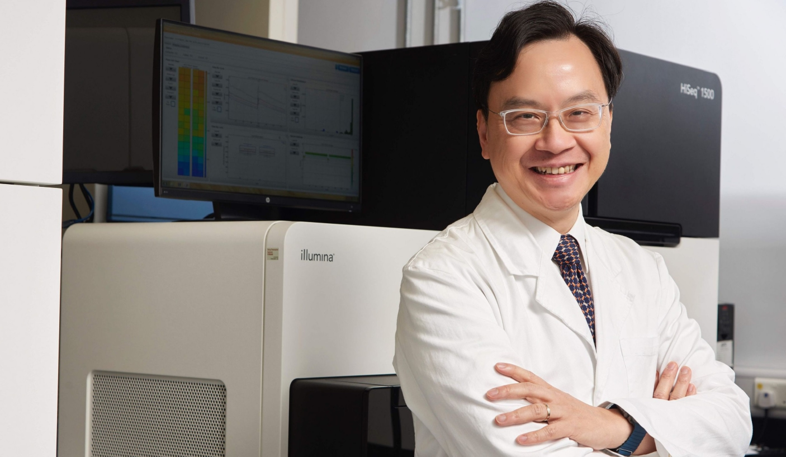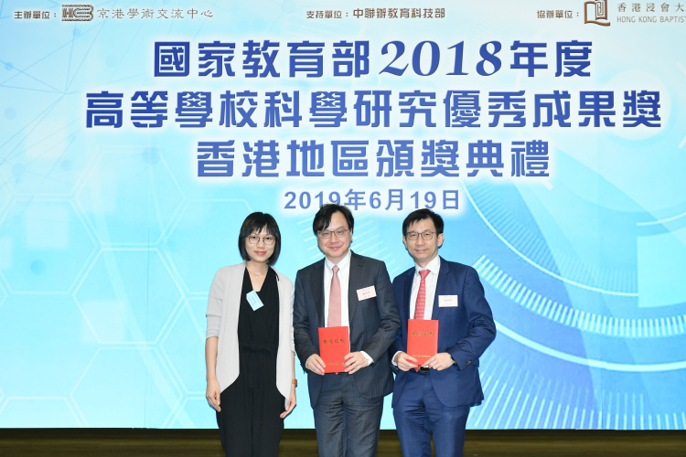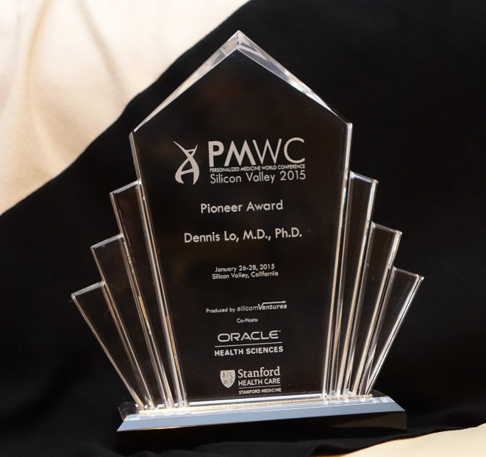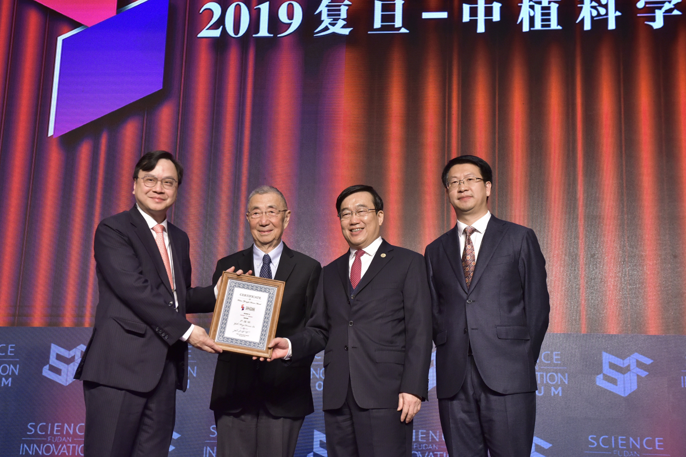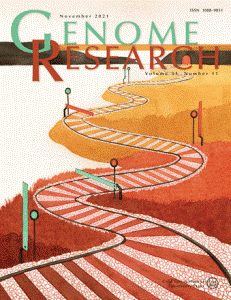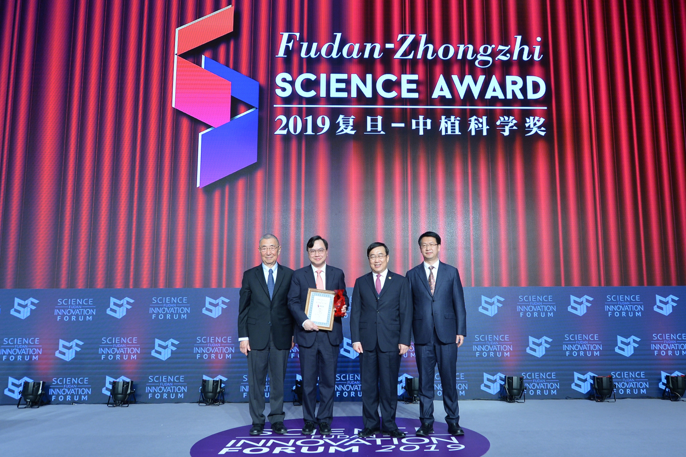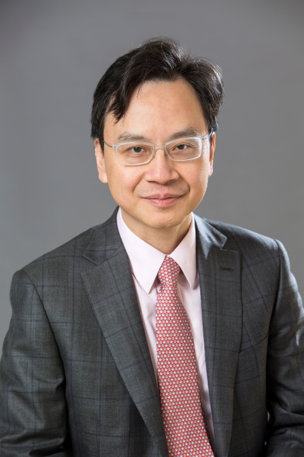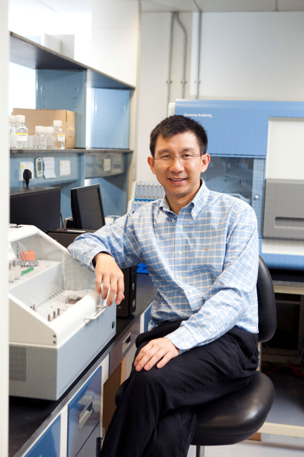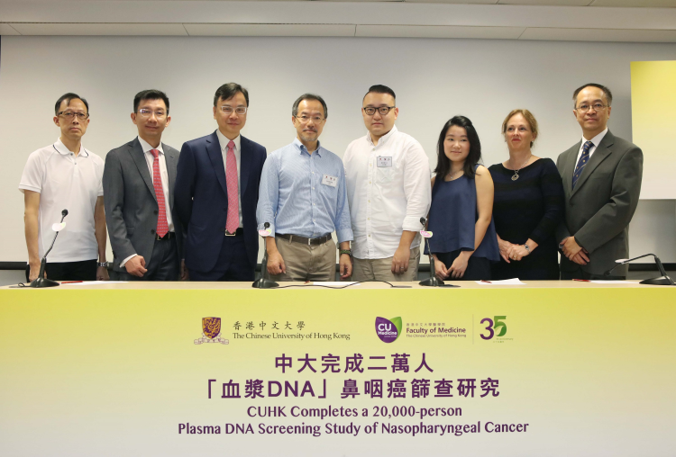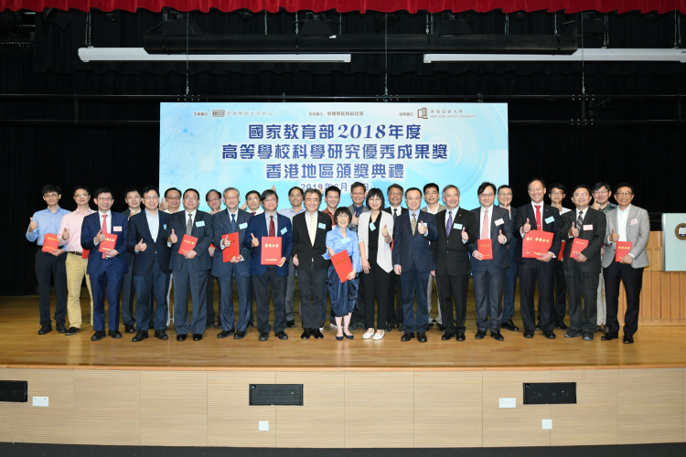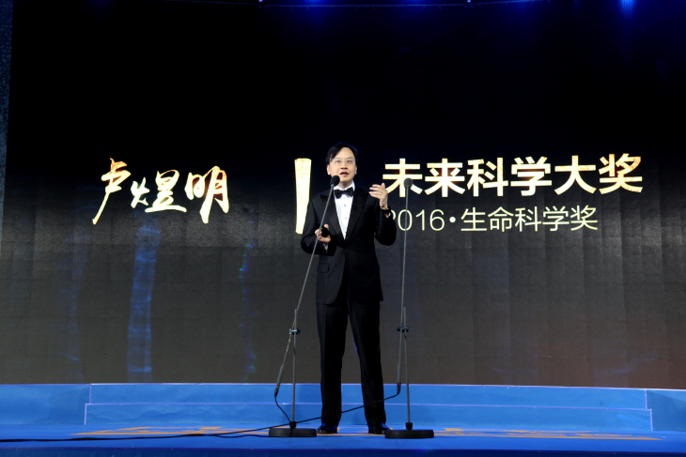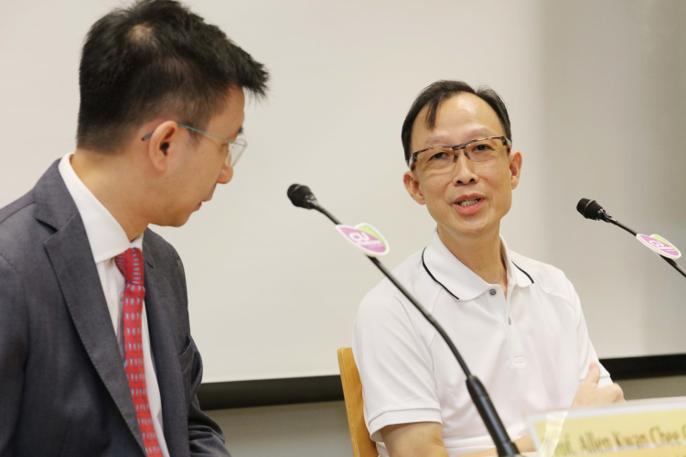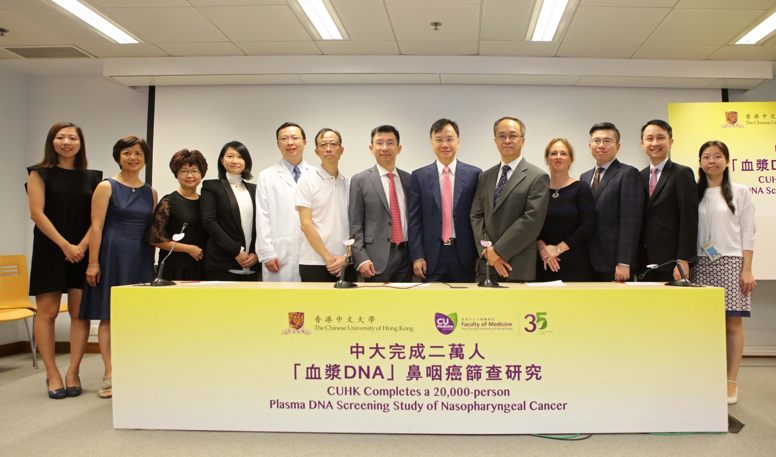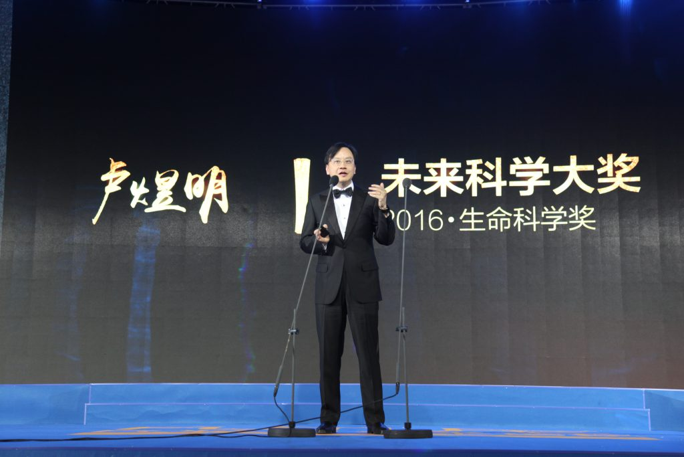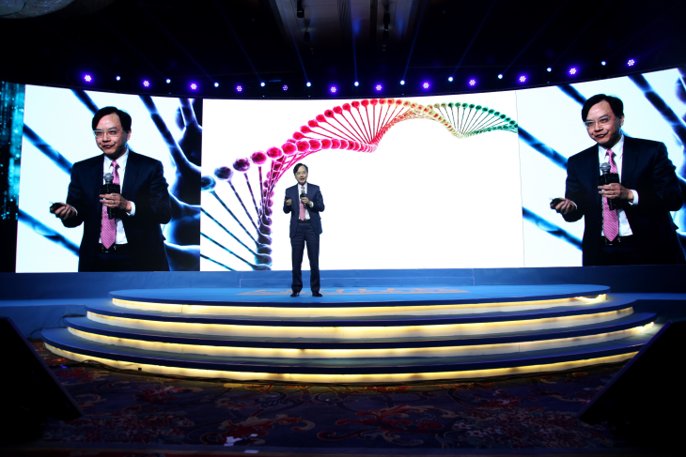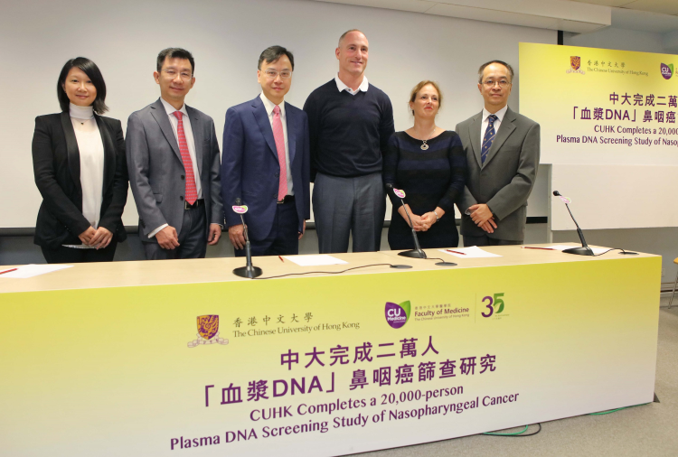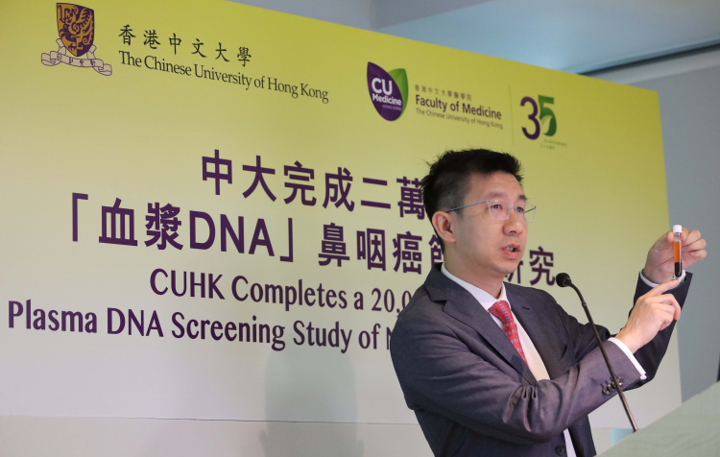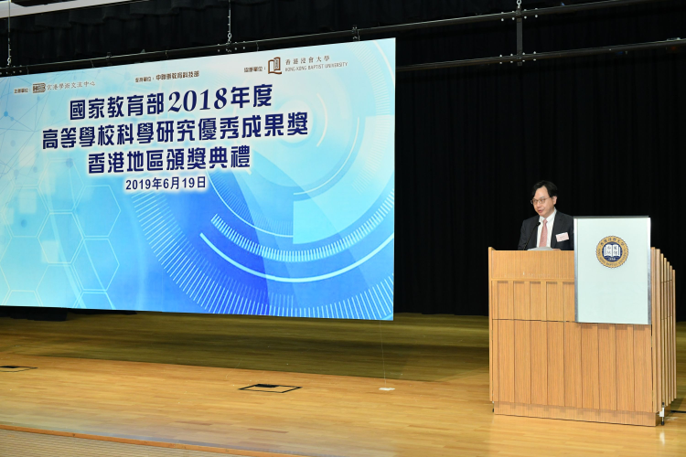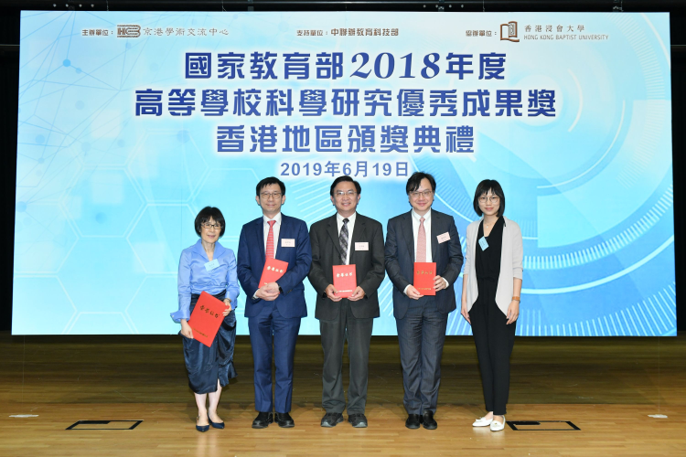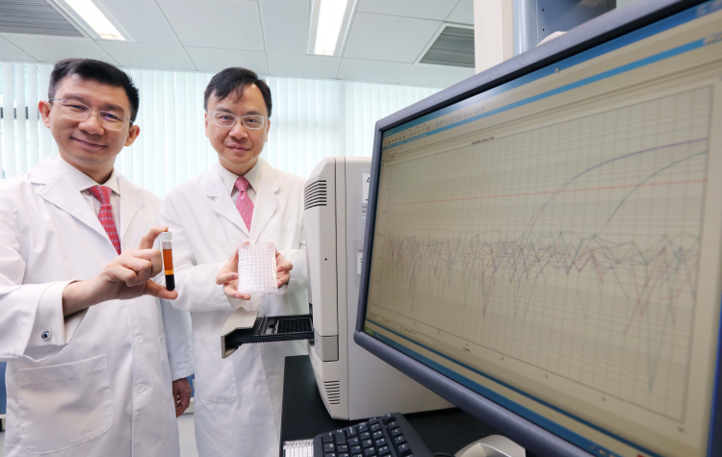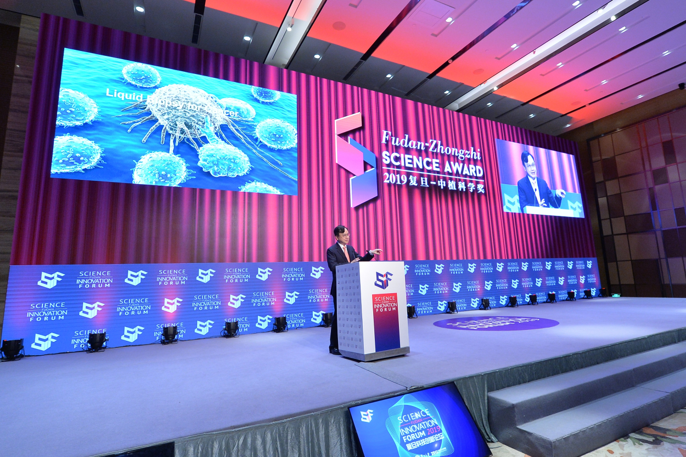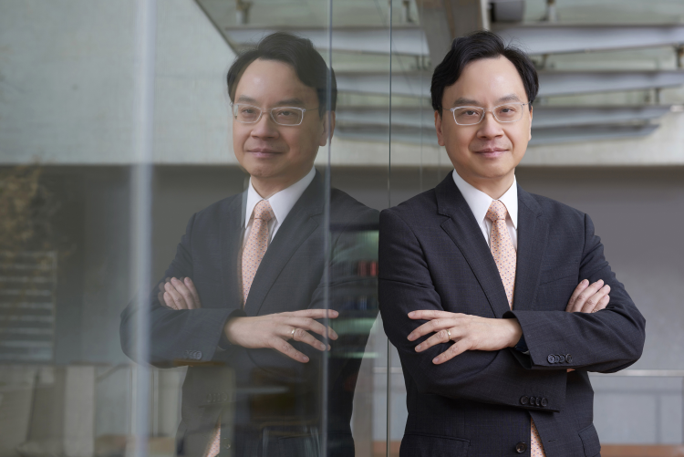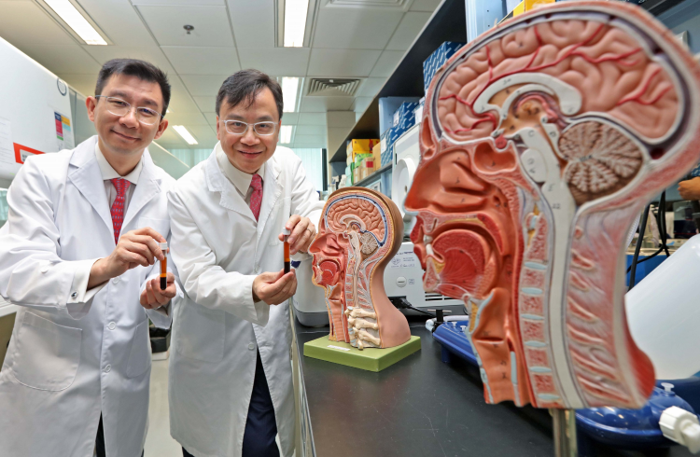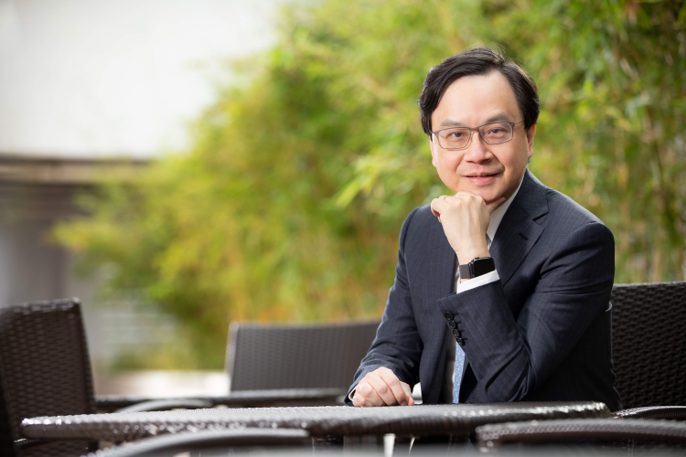INNOVATIONS
Liquid Biopsy for Non-Invasive Early-Stage Molecular Cancer Diagnostics
Innovations & Impacts
According to World Health Organization (WHO), cancer is one of the major causes of death worldwide. In 2020, there were about 10 million cancer deaths. To improve cancer survival rates, namely by preventing tumors from spreading across the body, early detection and diagnosis is the key. The earlier the patient is diagnosed, the more effective the treatments will be.
After inventing his world-changing technology of non-invasive prenatal testing (NIPT), Professor Dennis Yuk-ming LO, Li Ka Shing Professor of Medicine and Chairman of the Department of Chemical Pathology, CUHK, has taken a step further to the area of cancer detection. Professor LO and his team discovered the similarities between the DNA samples that the fetus releases into the mother, and that the cancer cell releases into the patient. Through similar technologies, the team found out a method that can diagnose over 50 types of cancer in one blood test, starting a new chapter for early-stage cancer diagnostics with precision and agility.
Licenses were granted to the Hong Kong-based cancer diagnostics startup co-founded by Professor LO and the scientists from his team. In late 2017, the startup formed a Hong Kong-US diagnostics alliance with a Silicon Valley company, which has raised more than US$1 billion funding since 2016. After years of development, the first prototype of this blood test has been launched in the U.S. In the coming years, liquid biopsy tests for non-invasive early-stage molecular cancer diagnostics are expected to become popularized for the global market, saving countless lives in the future.
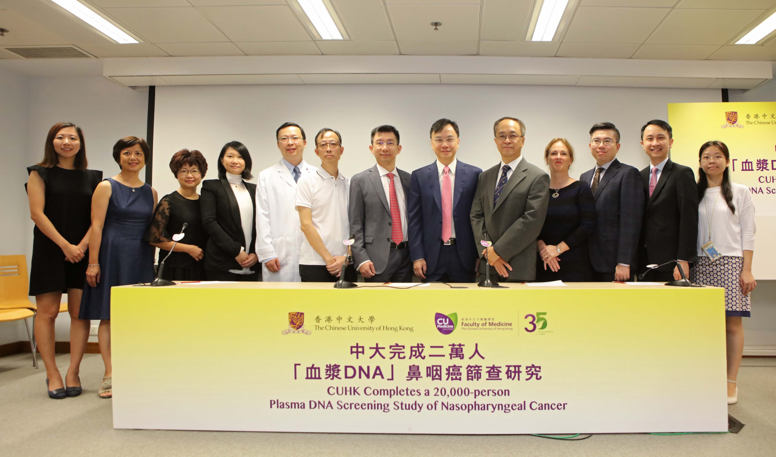
From Research to Market
-

RESEARCH
-

IP & LICENSING
-

ENTREPRENEURSHIP
-

INNOHK
Following his invention of NIPT, Professor LO and his team have worked on research for cancer detection and diagnostics that rely on the use of blood test. In 2017, the research team led by Professor LO and Professor Allen Kwan-chee CHAN confirmed the usefulness of plasma Epstein-Barr virus (EBV) DNA analysis for screening early asymptomatic nasopharyngeal carcinoma (NPC). Such landmark findings were released in the New England Journal of Medicine.
For these newly discovered technologies, licenses were granted to Cirina, which is a startup co-founded by CUHK professors from Faculty of Medicine including Professor LO, Professor Rossa Wai-kwun CHIU and Professor CHAN.
In 2014, with the venture capital investment of US$12 million from Decheng Capital, Professor LO and his colleagues co-founded a biotechnology company, Cirina, which focuses on early detection of cancers. In 2017, Cirina merged with Grail, another healthcare company that is also dedicated to early cancer diagnosis. Later in 2020, the U.S.-based biotechnology company, Illumina, acquired Grail for US$8 billion. After a series of mergers and acquisitions, the technologies are now commercialized for larger markets, striving to make greater impacts on the global health sector.
In response to Hong Kong Government’s major initiative on innovation and technology, the Centre for Novostics has been established under Health@InnoHK. Directed by Professor LO, the centre focuses on the development of innovative diagnostics, particularly around prenatal diagnosis and cancer diagnostics.
Media
-
Unlocking the body’s secrets with a drop of blood
2021 -
Three CU Medicine scholars named in world’s “Top 20 Translational Researchers” Professor Dennis LO receives the honour for the fifth consecutive year
2021 -
CUHK Professor Dennis LO Becomes the First Chinese Scientist to Receive the Royal Medal for Outstanding Achievements in Biological Sciences
2021 -
一滴血漿解開身體密碼
2021 -
中大醫學院三位學者榮膺「2020年全球20位頂尖轉化研究科學家」 盧煜明教授連續五年獲選
2021 -
中大醫學院盧煜明教授成史上首名生物學科「皇家獎章」華人得主
2021


















